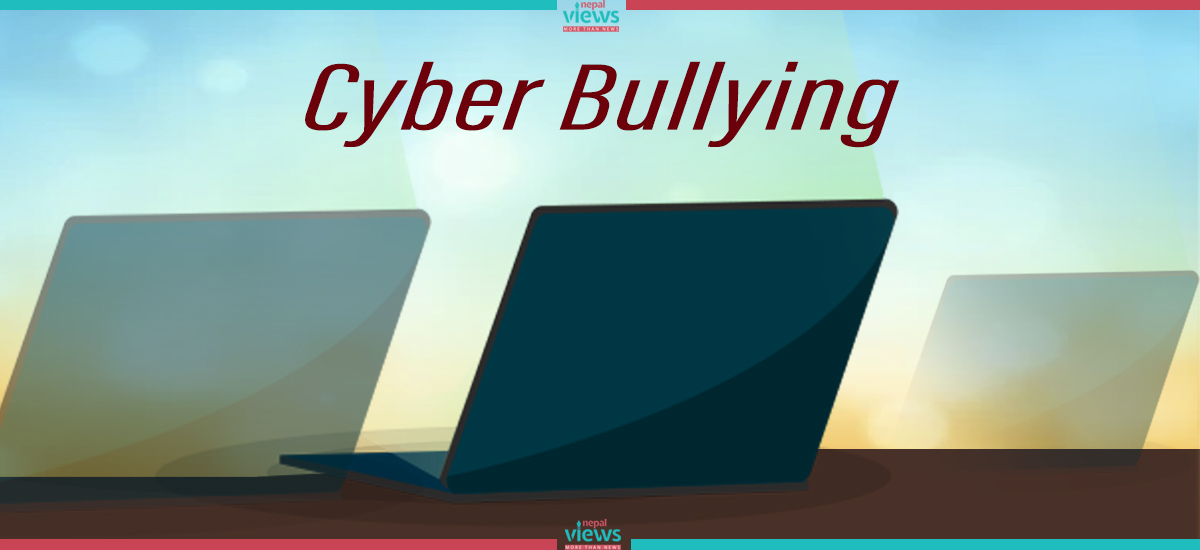Kathmandu: Internet culture in Nepal, like in other parts of the world, has unique characteristics influenced by the local context and the online activities of Nepalese internet handlers. Nepal has seen a momentous increase in internet penetration over the years, leading to the growth of online communities, social media platforms, and digital communication.
Regarding trolling in Nepal, it is an unfortunate aspect of internet culture that exists worldwide. Trolling can occur in Nepalese online communities and social media platforms, leading to harassment, offensive comments, and the spread of misinformation. Trolling behaviors can range from mild to severe. It deliberately targets and provokes others for their amusement or to create chaos.
Internet culture in Nepal encompasses various traits, together with Platforms comparable to Facebook, Instagram, Twitter, Tiktok, and YouTube have multiplied in popularity among Nepalese internet users. The election campaign of the mayor of Kathmandu Balen Shah is the best example of how social media impact on voter’s knowledge and wisdom.
Memes are frequently used as satire, entertainment, and commentary. Social media has provided a platform for activism and raising awareness about various social, political, and environmental issues in Nepal. Online campaigns, hashtags (#No not again, #madeshi movement #justice for Nirmala #prayfornepal, and digital activism have been instrumental in mobilizing support and driving conversations on important topics.
In a survey conducted by the Pew Research Center, it was discovered that 26% of women this age reported being stalked online and that 70% of those who use the Internet between the ages of 18 and 24 have experienced harassment. Trolls are only after this. The study indicated that about 5% of Internet users who self-identified as trolls scored extraordinarily high in the dark tetrad of personality traits: narcissism, psychopathy, Machiavellianism, and, especially, sadism.
These platforms have become spaces for sharing personal updates, expressing opinions, and participating in online discussions. Nepalese internet users engage in meme culture, creating and sharing humorous content that often reflects local circumstances, cultural allusions, and social matters. Regarding trolling in Nepal, it is an unfortunate aspect of internet culture that exists worldwide.
Trolling can occur in Nepalese online communities and social media platforms, leading to harassment, offensive comments, and the spread of misinformation. Especially trolling is done to attack politicians, actors, or high-profile celebrities. Trolling behaviors can range from mild to severe, with some individuals deliberately targeting and provoking others for their amusement or to create chaos.
The Cyber Bureau of Nepal Police provides technical assistance in case of any misbehavior that happens on social media. Bureau, after registering the complaint from the victims forwards it to the local police station, where the incident occurs. The bureau gets about 70 complaints daily basis out of which 50 are minor ones. The Bureau recorded 4, 646 cybercrime-related cases registered in the last fiscal year in Nepal. Most of which were related to the hacking of social media, abuse, defamation, IT related frauds. Both the Bureau is doing homework regarding controlling such activities and solving problems of general people.
The bureau even motivates the victims to speak about their abuse rather than going through psychological problems dealing with such actions. Cyberbullying-related acts are dealt with under The Electronic Transaction Act, 2063, (2008).
However, it’s worth noting that not all online interactions in Nepal are negative. There are numerous positive aspects of Internet culture, such as online communities that provide support, opportunities for creative expression, and platforms for exchanging knowledge and ideas. It is essential to foster a safe and inclusive online environment, promote digital literacy, and encourage responsible online behavior to mitigate the negative impacts of trolling and promote a healthier internet culture in Nepal.
Many professionals worry uncivil and manipulative behaviors on the internet will persist – and can get worse. This could cause a splintering of social media into AI-patrolled and controlled ‘secure spaces’ separated from unfastened-for-all zones. Some fear this may harm the open alternative of thoughts and compromise privacy. Even the government needs to take strict action to deal with such cyberbullying-related cases for proper justice for the victims and created a safe environment for internet surfing.











